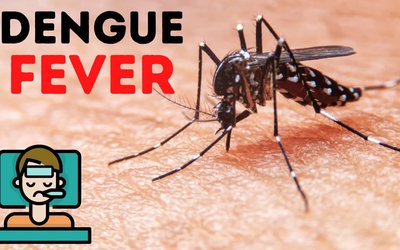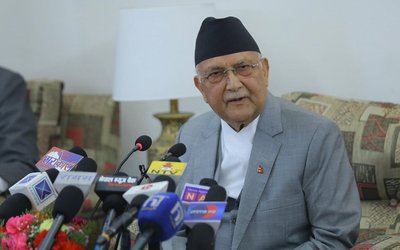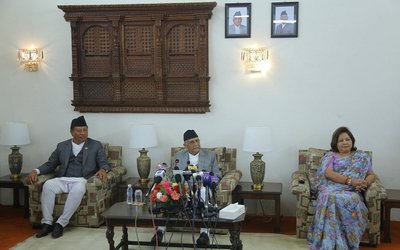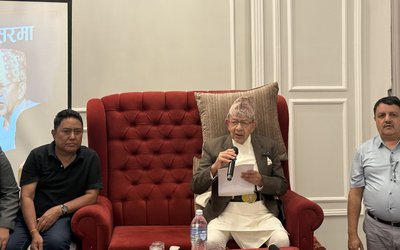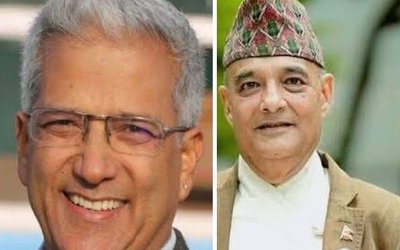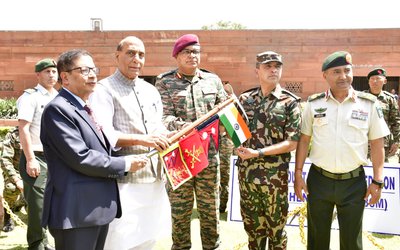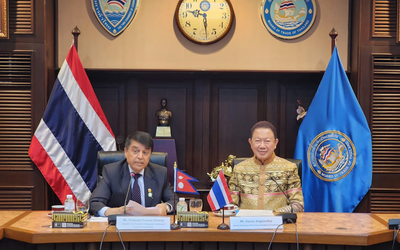Medical colleges have mushroomed like English boarding schools in Nepal. Experts say that a sign of a failed state in the developing world is the opening up of more new banks. We certainly have new banks opening up. But keeping pace with the new banks are new medical colleges in Nepal. From just a medical college or two about 15 years ago, we now will soon have almost 20 medical colleges. To be sure just like many of the English boarding schools, many of these new medical colleges too are commercial ventures which were opened by savvy business people. They are obviously making so much money that it is generating a lot of incentive to open even more medical colleges.
Be that as it may, what is impressive to me is the emphasis in Nepali culture for academic excellence. You could argue trying to be a doctor is in a sense the manifestation of this deep seated desire. You can build medical schools to your heart’s content, but if you don’t have students, what is the use ? And there literally seems to be a stampede of students trying to get into medical schools with their parents urging them on and providing the necessary finances if possible. (Unfortunately the medical fees are so massive that for most Nepalis, medical college is a distant dream even if with a requisite aptitude).
An important question is, will new medical colleges help solve Nepal’s health problems? Most people who graduate from a medical college in Nepal will certainly want to go abroad and acquire more knowledge and wealth and probably settle down there. You can argue this will be global gain, but it wont help solve the health needs of the Nepali especially the ones living outside the valley. Furthermore, medical colleges are probably not the most cost effective way of solving the health problems in a developing world. We can confidently say that the purpose of the exercise of opening more medical colleges is not primarily going to help out in addressing the stark health issues this country faces.
What in my opinion, may help address Nepali health issues are lessons from Sri Lanka . Despite the just concluded tragic civil war, Sri Lanka has the best health indicators in South Asia. Average life expectancy is 73 years and infant mortality is 13 per 1000, incredible statistics for South Asia. Soon after independence from Britain, Sri Lanka invested heavily in public health and women’s education and this investment is paying them rich dividends today in health. An important point has been focus on primary care, especially maternal and child health through a multilayerd health system with adequate provisions of basic services at the community level. They have not only talked about this as is common practice, they have put their money where their mouth is: For example, incredibly, Sri Lanka ( at least until 2005) did not have a single magnetic resonance scanner in the public sector, symbolizing their emphasis on primary and secondary care. In sharp contrast many countries ( Nepal included) boast expensive tertiary care institutions with low funding of primary and rural care.
So, new medical colleges may satisfy our academic thirst for knowledge and that is a good thing in and of itself. You cant go wrong by the acquisition of knowledge. But insofar as solving Nepal’s health problems is concerned, we will need to zoom in on the Sri Lanka model.
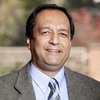
Buddha Basnyat MD
Buddha Basnyat, MD, MSc, FACP, FRCP, Director of the Oxford University Clinical Research Unit-Patan Academy of Health Sciences, Kathmandu.
- Altitude Sickness
- Feb 20, 2018
- Post-earthquake Nepal: The Way Forward
- Dec 13, 2015
- The Annapurna Sanctuary
- Nov 29, 2015
- Diarrhea at the Summit
- Nov 08, 2015
- Altitude Sickness ( AMS, HAPE, HACE)
- Oct 15, 2015





